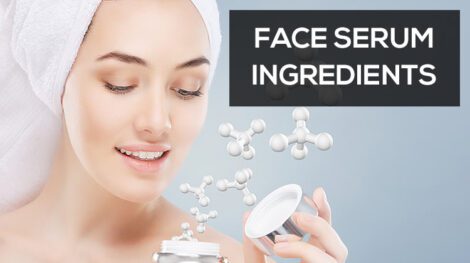

The world of skincare is brimming with an array of face serums, each boasting unique ingredients and promises of transformative results. However, deciphering the ingredient lists can be overwhelming for the average consumer. In this blog, we embark on a journey to decode the enigmatic world of skincare ingredients, specifically focusing on what to look for in face serums. By understanding the science behind these elixirs and recognizing key ingredients, you can make informed choices and unlock the potential of face serums for your skin’s specific needs.
The beauty industry has witnessed a growing interest in natural and traditional ingredients, leading to a resurgence of ancient skincare practices. Many face serums now incorporate key ingredients like aloe vera, saffron, Indian madder, vetiver, lotus, and sandalwood, each of which offers unique benefits for the skin.

Face serums are formulated with various active ingredients that target specific skin concerns and deliver potent benefits. These active ingredients are the powerhouse components that make serums effective in addressing various skincare issues. Understanding these active ingredients can help you choose the right serum for your specific needs.


Choosing the right serum for your needs involves considering your specific skin concerns, skin type, and desired results. With a myriad of options available, it can be overwhelming to find the perfect fit.


In conclusion, decoding skincare ingredients in face serums is an empowering journey that enables you to harness the benefits of science and nature for healthier, more radiant skin. By understanding the active ingredients and their functions, you can curate a skincare routine that addresses your unique concerns and unlocks the full potential of these potent elixirs. With consistent and mindful use, face serums enriched with active ingredients will elevate your skincare experience, bringing out the best in your skin and allowing your inner beauty to shine through.